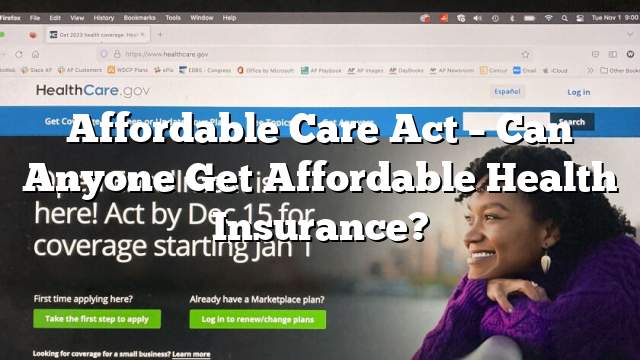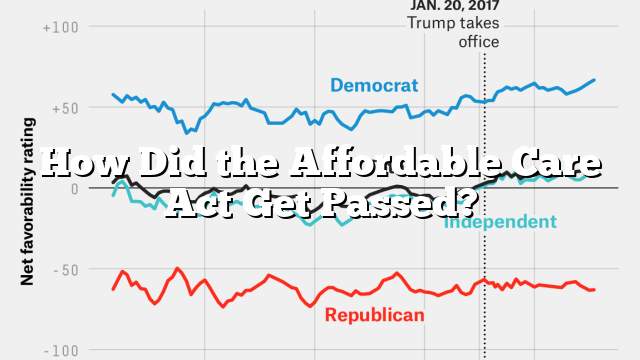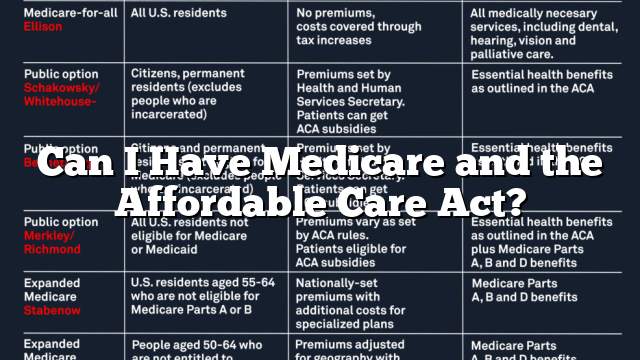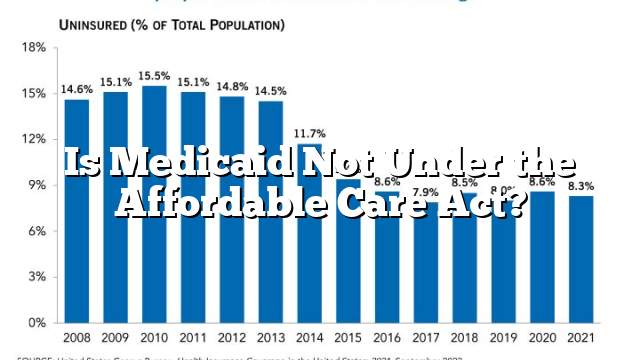

The Affordable Care Act, also known as Obamacare, makes health insurance more affordable for everyone. Depending on your household income, you may qualify for a tax credit or a cost-sharing reduction that will reduce your premiums and out-of-pocket costs.
The law also protects you from discrimination based on pre-existing conditions and prevents insurers from setting annual spending caps on essential benefits. It also includes a Patient’s Bill of Rights and a consumer protection against health plan cancellation due to a mistake in paperwork.
Open Enrollment
Whether you are shopping for a new health insurance plan, getting help with your current coverage or applying for cost assistance, the open enrollment period is the time to sign up. This is the six-week window when customers can enroll in new health plans, switch to a different plan or apply for cost assistance through the federal or state exchanges.
More than 9 in 10 people who buy their own health plans through the ACA Marketplace qualify for financial help that lowers their monthly premium. This financial assistance was enhanced as part of the American Rescue Plan Act and extended through 2023 as a result of the Inflation Reduction Act.
Open enrollment for 2023 ACA-compliant health insurance is November 1 through January 15 on the federal exchanges and in most states that have their own state-run marketplaces. A few states, including California, Massachusetts, New Jersey, Rhode Island and the District of Columbia, are extending their enrollment periods beyond January 15.
Special Enrollment Period
Many Americans know they can sign up for a health insurance plan during the annual open enrollment period, which runs from November 1 to January 15 in most states (some state exchanges have different deadlines). However, there are also special enrollment periods available outside of open enrollment that give people a chance to enroll in an ACA-compliant policy.
For instance, if someone’s employer-based coverage loses minimum value or becomes unaffordable after changes in plan design, they can switch to an individual market plan during a special enrollment period. And as of 2022, there’s also a special enrollment period available for exchange enrollees with silver plans that have cost-sharing reductions.
If you experience one of these qualifying events, you can enroll in an ACA-compliant policy during your SEP and start coverage immediately. You must submit proof of your qualifying event to the insurer before you can enroll.
Life Events
Millions of Americans enroll in Affordable Care Act (ACA)-compliant health insurance plans during the annual open enrollment period. But if you have certain life events like getting married, having a child, or moving to a new state, you can make changes outside of the open enrollment period.
Special Enrollment Periods (SEPs) allow you to make changes in your health coverage up to 60 days after a qualifying life event. These events may include gaining or losing a spouse, child, or parent; changing jobs; or moving from one state to another.
For a special enrollment to occur, you need to notify your insurance provider of the event within 30 days. You also need to provide documentation that supports the change. This documentation can range from a birth certificate or adoption paperwork to a lease agreement, rental agreement, or utility bill with your name and address on it.
Short-Term Plans
When you purchase a short-term plan, it usually does not include coverage for preexisting conditions or ongoing healthcare needs. It may also have high deductibles or copays, making it difficult to afford.
In 2018, revised federal regulations lengthened the permissible maximum duration of these plans from three months to 364 days with an option to renew for a total coverage period of up to three years. This expansion of these plans allowed insurers to sell them as full-year substitute coverage for traditional major medical health insurance, but it was criticized by independent analysts for weakening the ACA markets’ risk pool and for depriving subscribers of important protections.
Despite these concerns, the Administration’s rule changes are now affecting some 3 million people. Some brokers and consumers said they are choosing short-term plans to fill coverage gaps because of the lower prices. But some agents warned that if they get sick or injured, their coverage might not be renewed.






